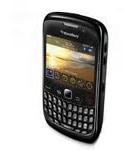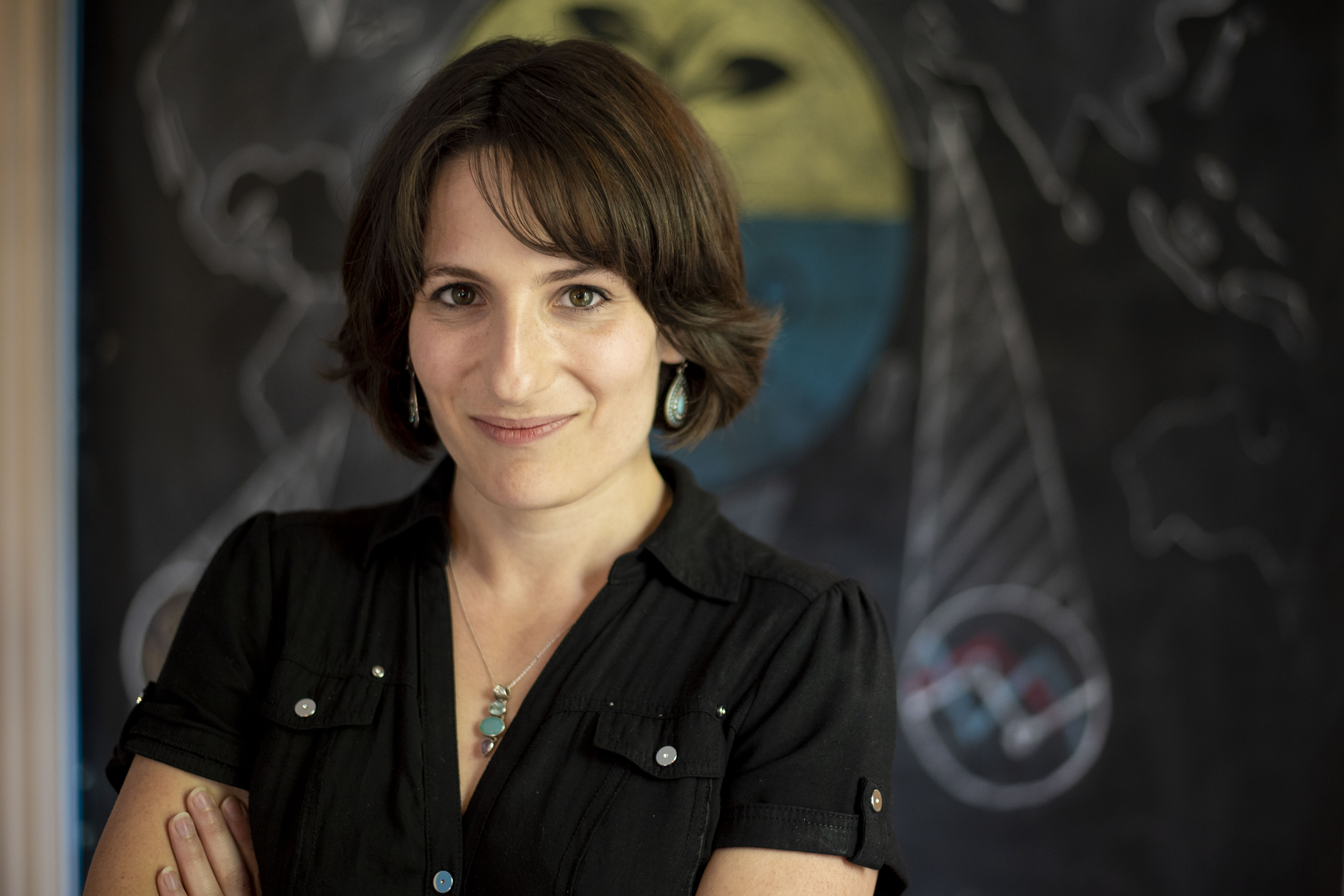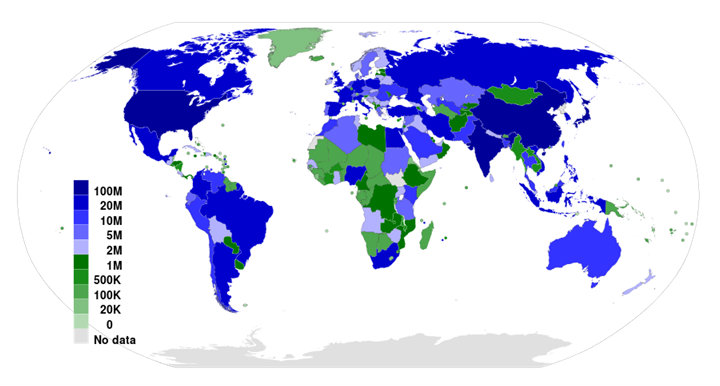Call it a social experiment or just plain crazy, but I refuse to buy a cell phone. This mobile-addict is detoxing. Not long ago, I was a slave to my Blackberry. I even started putting it next to my pillow to check emails before bed only to reach for it hours later to cut off
Then I went to Cameroon.
I sold my Blackberry and bought a Tecno phone for $12; no camera, noapps, no frills. Africa may be the world’s fastest growing mobile phone market, but in rural areas like where I lived, cell phones are not as widespread or savvy, and the culture as a whole places more value on face to face communication than we do in the digital-dependent West. I learned how to listen with all senses and enjoy people’s company without glancing at the flickering screen alerting me of a missing call or text.
 Still, when my volunteer stint ended, I fully expected to wrap my fingers around the latest phone. Reverse culture shock hit. Suddenly, I missed the solitude of life in the village. I thought of all the books I plowed through because I wasn’t consumed with returning messages to my parents, friends, colleagues and so on. Abandoning my cell phone was initially my way of easing back into the matrix, but I found some good reasons to remain unplugged: You have my undivided attention – Mobile phones have erased all etiquette to the point where it’s normal to interrupt someone in mid-conversation to take a call, text during a business meeting or pay more attention to the blinking red light on the table than to the person sitting right across from you. MG Siegler of Tech Crunch calls it “Dinner 2.0” in his essay, “I Will Check My Phone at Dinner and You Will Deal With.” But, there’s something liberating (and, um, polite) about turning off the phone and having dinner without BBM on the side.
Still, when my volunteer stint ended, I fully expected to wrap my fingers around the latest phone. Reverse culture shock hit. Suddenly, I missed the solitude of life in the village. I thought of all the books I plowed through because I wasn’t consumed with returning messages to my parents, friends, colleagues and so on. Abandoning my cell phone was initially my way of easing back into the matrix, but I found some good reasons to remain unplugged: You have my undivided attention – Mobile phones have erased all etiquette to the point where it’s normal to interrupt someone in mid-conversation to take a call, text during a business meeting or pay more attention to the blinking red light on the table than to the person sitting right across from you. MG Siegler of Tech Crunch calls it “Dinner 2.0” in his essay, “I Will Check My Phone at Dinner and You Will Deal With.” But, there’s something liberating (and, um, polite) about turning off the phone and having dinner without BBM on the side.
I’m on time for appointments – Dana Albarella James has never owned a cell phone. In her piece, “A Life Without A Cell Phone: An Amazing Tale of Survival” she writes: “I’ll almost always be on time, because I can’t call you at the restaurant, after lingering needlessly somewhere, to tell you I’m running late.”
On a recent trip to DC, I tested this theory. I planned my outings down to the minute before leaving the house knowing the default “Be there in 15” text was not an option. It worked. I was early for an interview and shocked my friend from college when she walked into the restaurant and our table was already reserved.
No more GPS – I’m terrible with directions. I used the GPS on my phone to drive to the grocery store. I didn’t realize that it had become a crutch. Many times I would call a person to ask for directions when I was one turn away from the destination. And that Roger Troutman-like voice that gave me turn-by-turn directions usually led me down a dark alley. Without the GPS, I actually take the time to map out directions on Google, and I’m more explicit when I ask where I’m going. If there is a fork in the road that might throw me off, tell me now, because I can’t call right away if I get lost.
Trust me, I know the uncertainties of a road warrior like me not having a cell phone. Maybe getting stranded on I-95 will make me relapse, but for now I’m relishing the quiet and productivity of not having a cell phone. It isn’t that hard, really. Now, cutting back from Twitter is another story.
Guest contributor: Heather Faison, Digital Journalist, www.heatherfaison.com
Photo credits: tgdaily.com, baliagents.com



